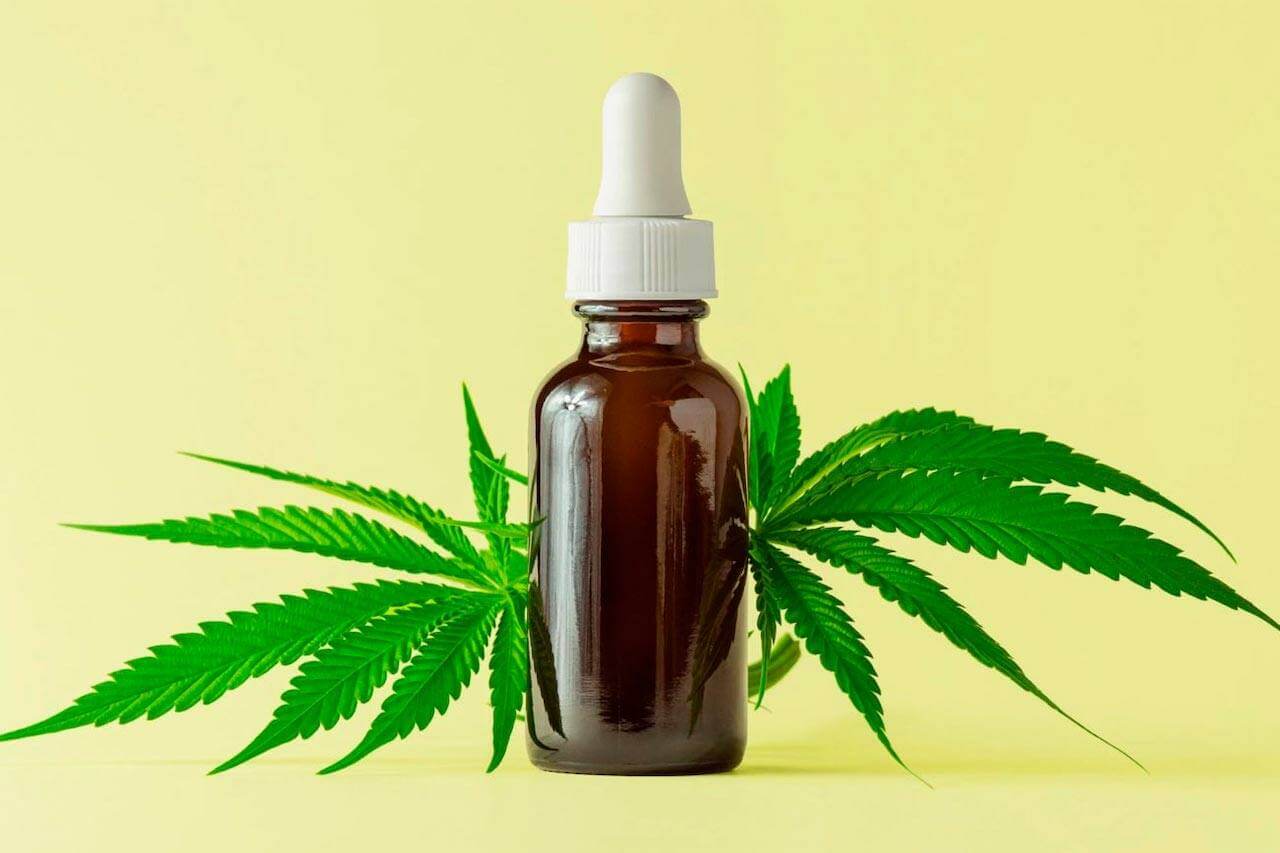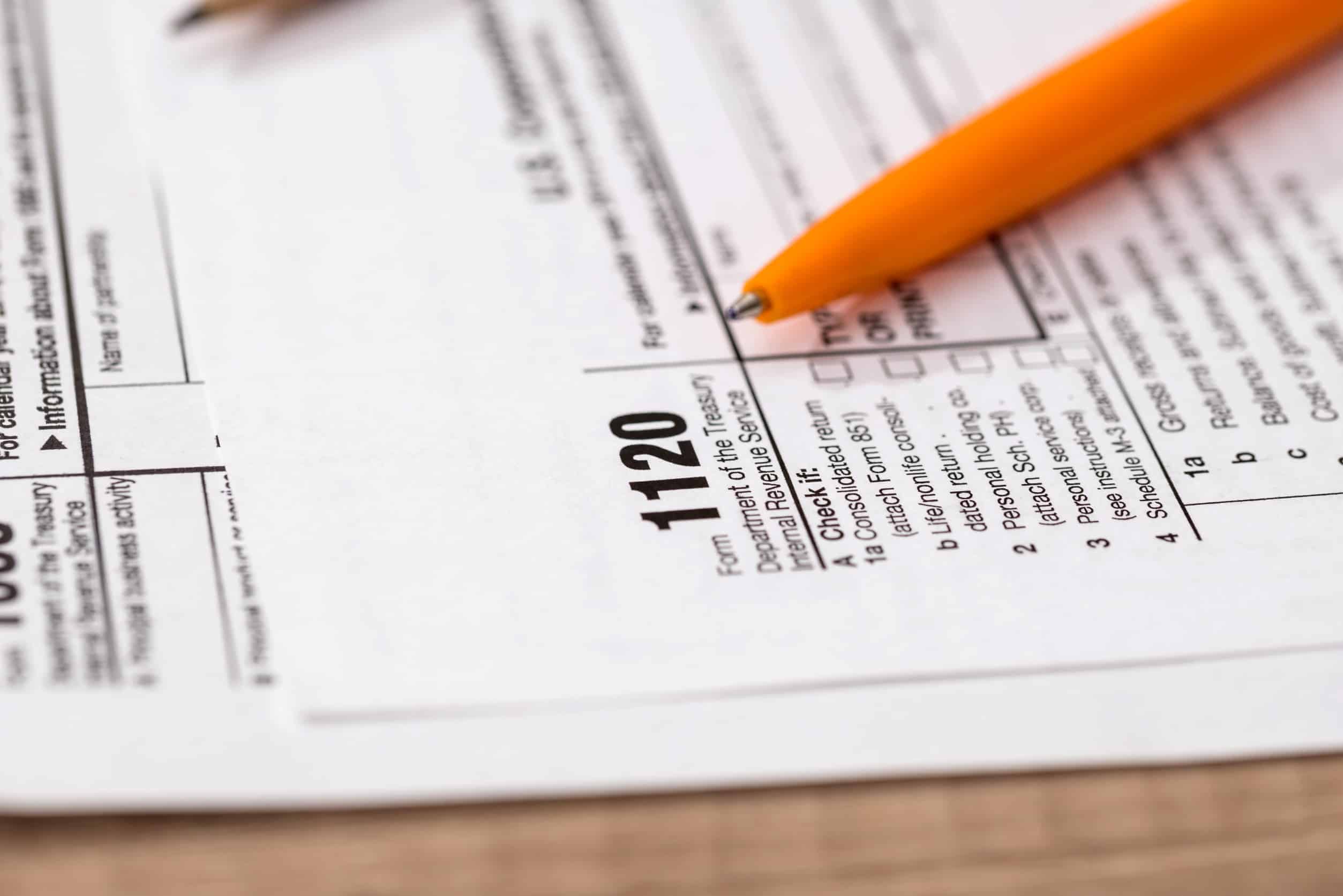
Startup | Tax Issues
Sales Tax for CBD
November 18, 2021
As cannabis business, you want to know, are CBD products taxable? The answer: yes.
Since the 2018 South Dakota vs Wayfair, Inc ruling, the tax code declares that sales tax needs to be collected by the retailer if they are selling to another state, regardless of physical presence. The difficult part is determining how much.
A product that was federally illegal a few short years ago, the sale of hemp products is expected to generate $20 billion in sales by 2024.
What is the sales tax on CBD?
Each state (and even each county and city) is allowed to set their own sales tax rate on products. CBD oil products are no exception. Some states tax CBD as a controlled substance, while some states tax products with CBD are simply as retail product.
The tax rate can be as high as 15% and as low as 7.25%–only 5 states levy a 0% sales tax. States will also delineate based on THC level–the lower the level, the less tax applied.
Sign up for a free consultation with CFOshare to determine what your sales tax implications are. TaxConnex and products like Avalara are additional resources you can use to educate yourself.
How do you report taxes on CBD products?
The different regulations and reporting requirements among all 50 states convolutes the entire sales tax system. To avoid accidental pitfalls, the safest path is to work with a professional sales tax team like CFOshare for CBD business planning — however, there are steps you can take on your own.
Track your sales by state, zip code, and transaction amount
First, set up your accounting to determine whether your business has Nexus (see next step.) This is done by tracking gross sales dollar amount and count of orders by state. As you sell, be sure to track the location of the buyer by zip code, as most states use destination-based sales tax.
Determine nexus
Nexus is the states’ way of saying you legally have “business presence” and are required to file and remit sales tax. There are two main types of nexus: Physical nexus and economic nexus. Economic nexus can be established by a dollar amount of sales or order count. For example, if your retail shop is in New York, you have physical nexus in New York. If that same shop sells $100,000 or 200 orders of CBD all over the state of Michigan in one year, you have economic nexus in Michigan. As with taxability and rates, rules governing nexus, both economic and physical, vary by state.
How are you selling your product?
Even if you are selling through a marketplace like Amazon (who remits taxes for you), you might still be required to register and file a zero-dollar return. This is because some states still see you as a business presence, if your gross sales break the economic nexus threshold or you have physical presence. If you are selling via a platform like Shopify, which does not remit sales tax on vendors’ behalf, or in your retail store, you are required to charge tax for both points of sale.
Ensure proper reporting
There are dozens of pitfalls in sales tax and you do not want to be caught owing an unexpected amount of tax. The cost of failing to be compliant could result in a lien on assets, back-tax fees, and fines from various states. Colorado treats non-payment of sales tax as a class 5 felony and exacts a fee of up to $100,000 for any non-corporation. It is important to not put your head in the sand and reach out to professionals like CFOshare
Contact us to speak with a CBD accountant, ensure proper tax reporting, and enjoy profitable, compliant cross-state sales.
Related Articles
Ready to Elevate Your Finances?
Need more specific advice? Schedule a consultation




